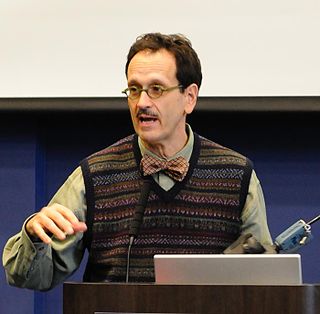A Quote by Errol Morris
You can ask yourself, if a film makes a claim, is the claim true or false? Having said that, a style of presenting material doesn't guarantee truth. There's this crazy idea that somehow you pick a style, and by virtue of picking the style, you've provided something that is more truthful. It's as if you imagine that changing the font on a sentence you write makes it more truthful.
Related Quotes
Truth exists independent of style. It involves all kinds of issues. Properly considered, it's a quest, a pursuit. To say that vérité is more truthful than something that is narrated is just misplaced. Completely wrong. And the fact that people still talk about it as though they're really talking about something... it puzzles me greatly. A moment of reflection about it tells you that it makes no sense!
More than my other films, Uncle Boonmee is very much about cinema, that's also why it's personal. If you care to look, each reel of the film has a different style - acting style, lighting style, or cinematic references - but most of them reflect movies. I think that when you make a film about recollection and death, you have to consider that cinema is also dying - at least this kind of old cinema that nobody makes anymore.
If someone tells you that George Bush is not the 43rd president of the United States, they might be engaged in wishful thinking, or denial, but if they make that claim, it's either true or false! And you can assess that, regardless of whether there's an omniscient narrator, or an unreliable narrator, or it's shot in vérité, or it's manipulated, it's agitprop, whatever! It makes no difference! It's a style!
What can we writers learn from lizards, lift from birds? In quickness is truth. The faster you blurt, the more swiftly you write, the more honest you are. In hesitation is thought. In delay comes the effort for a style, instead of leaping upon truth which is the only style worth deadfalling or tiger-trapping.
When I was living in Mexico, I started reassessing my drawing style, and plunged into a period of doing exercises and research to develop a new way to draw. The result was a style that implies more than it shows, and so, ironically, feels more "true" to the scene I want to draw than a style that is more specific. It seems to me that the reader's imagination is able to fill in the gaps more effectively than I ever could. Plus it's a lot faster and more fun to do.
I never saw myself as a director. It's certainly a second language but making movies for 40 years, you pick stuff up. However, this style of making movies, this documentary style, is easier for me because I gather a lot of material and with an editor, write it on screen. You try to write based on what you shot.


































